Information Box Group
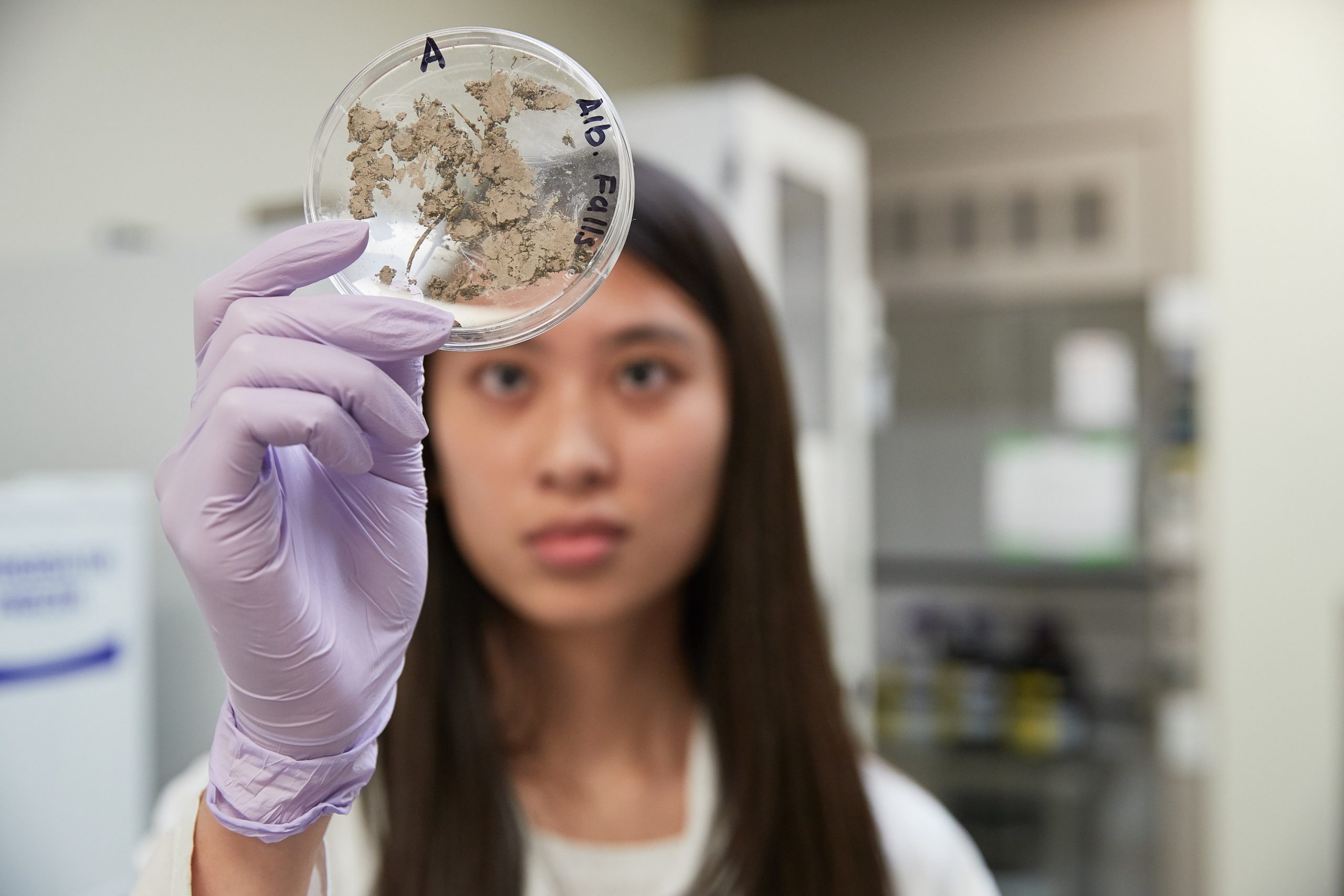
Michael G. DeGroote Institute for Infectious Disease Research Visit Website
The Michael G. DeGroote Institute for Infectious Disease Research (IIDR) is a world-leading centre of transdisciplinary infectious disease research at McMaster University. The IIDR has a team of over 30 principal investigators and 2,000 trainees, all committed to delivering new knowledge and solutions to some of the most pressing challenges in infectious disease. The team spans disciplines, from medicine and biochemistry to mathematics, anthropology, and engineering. Through collaborative research, the team, including scientific director Gerry Wright, is dedicated to finding new ways to prevent and control infections that have devastating health impacts.
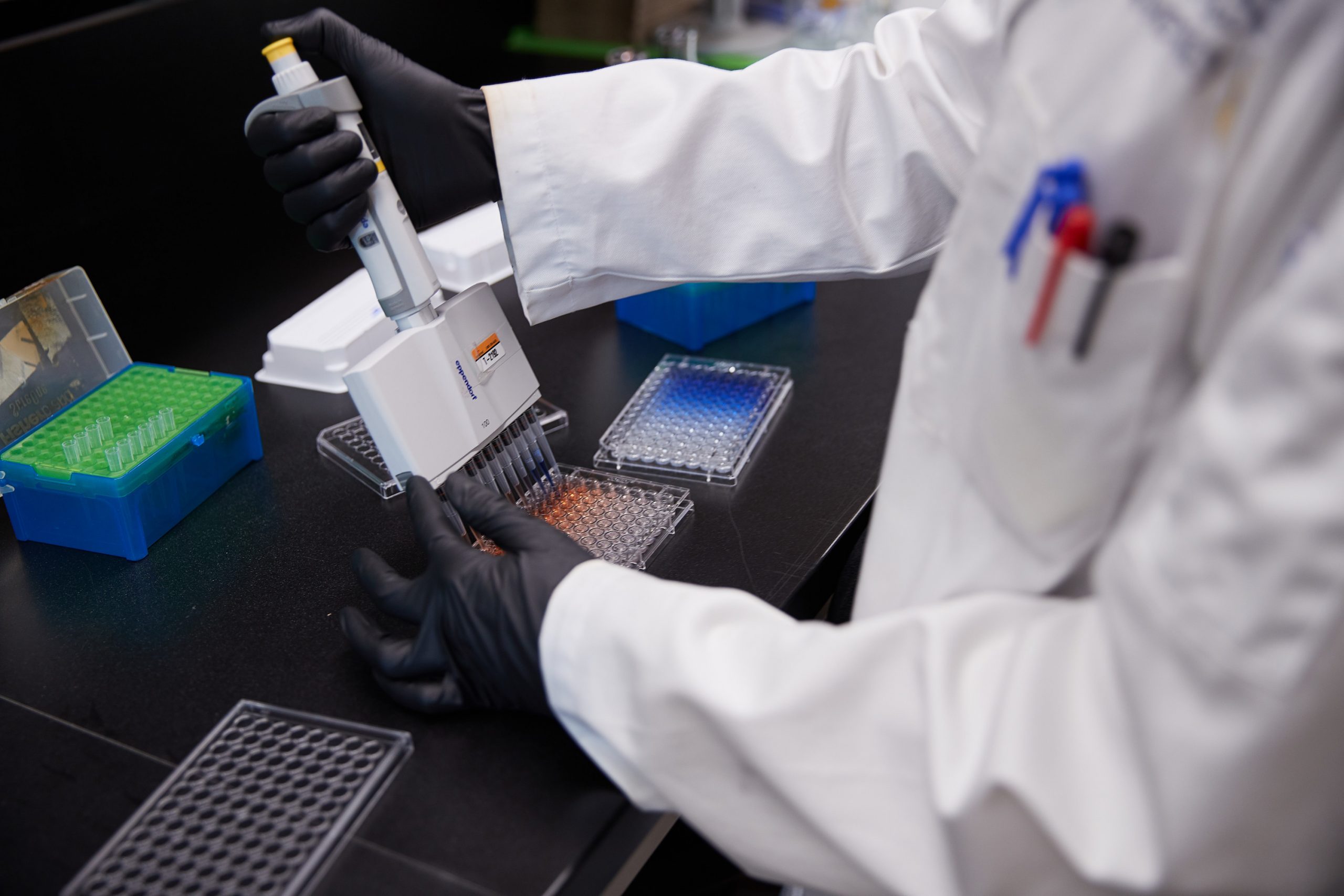
The David Braley Centre for Antibiotic Discovery Visit Website
The David Braley Centre for Antibiotic Discovery, operating from the Michael G. DeGroote Institute for Infectious Disease Research, is home to world leading researchers in antimicrobial resistance (AMR). Centre researchers are focused on the discovery and development of new and improved antibiotics, antibiotic adjuvants and other antibiotic alternatives, diagnostic strategies that ensure the “right drug for the right bug,” improved clinical practices, partnerships with provincial, national and international sectors, and training and education for researchers and medical practitioners.

Centre of Excellence in Protective Equipment and Materials Visit Website
The Centre of Excellence in Protective Equipment and Materials (CEPEM) is home to a network of engineers, clinicians, local manufacturers and companies dedicated to advancing personal protective equipment products in Canada. Established in March 2020 in response to the COVID-19 pandemic, the team, led by engineering professor Ravi Selvaganapathy, Canada Research Chair in Biomicrofluidics, is assisting research and development for Canadian companies and developing the next generation of protective equipment to ensure Canada becomes a global leader.
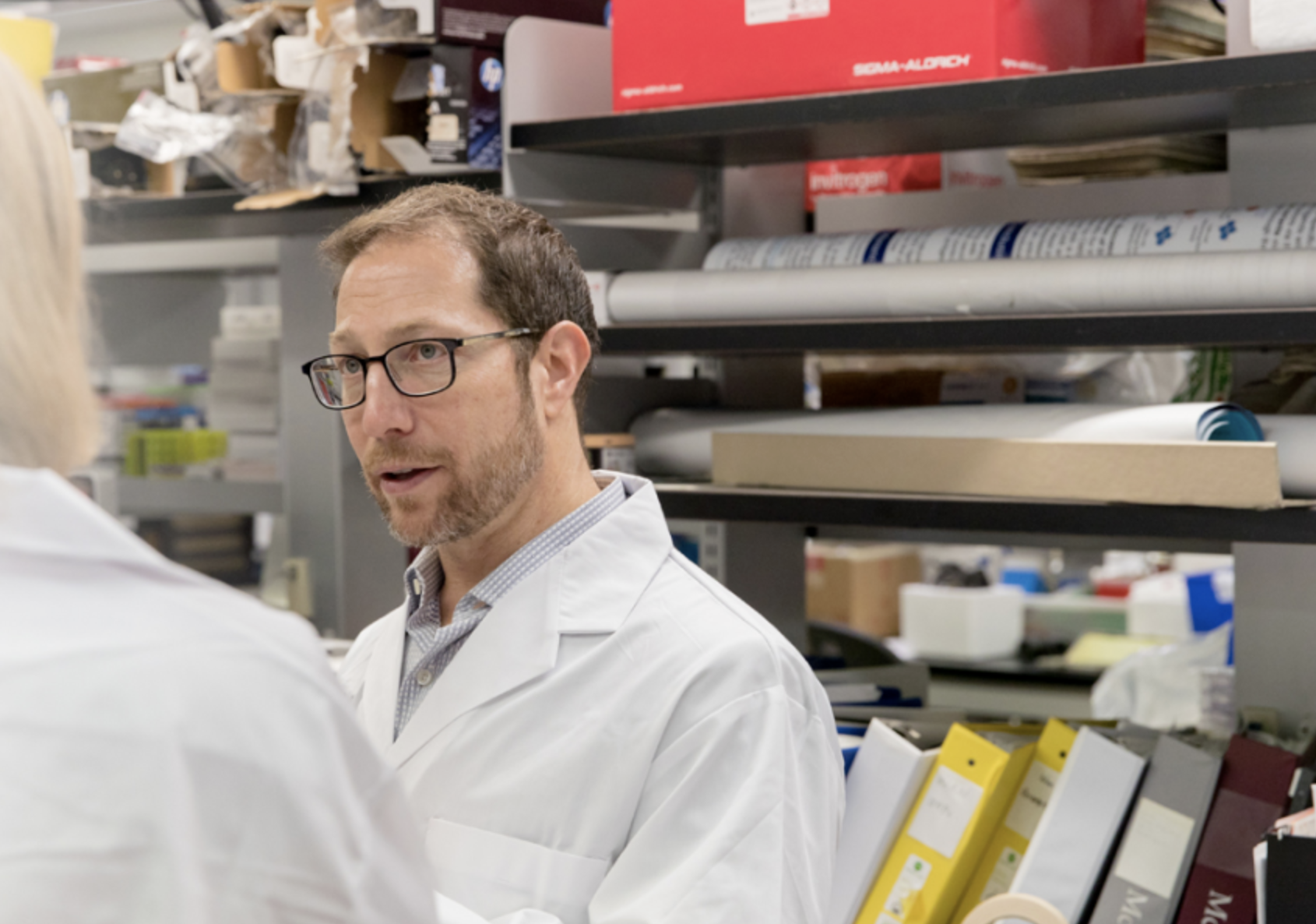
McMaster Immunology Research Centre Visit Website
The McMaster Immunology Research Centre (MIRC) is a vibrant, highly successful research grouping with a unique model of research excellence, teaching/research training, and service provision. MIRC has an outstanding record of research and training in mucosal immunology, infectious disease, aging, allergy, cancer, and lung disease. MIRC enables ease of collaboration and integration of basic and translational research themes, and is characterized by impact discoveries of immune mechanisms and new approaches towards therapeutics in disease.

McMaster Health Forum Visit Website
The McMaster Health Forum is internationally recognized for work that connects the best available research, citizen input and stakeholder insights to health-system issues and solutions. Launched in 2009, the team has continued to grow and support evidence-informed policymaking about health and social systems globally. Under the direction of professor John Lavis, of the health research methods, evidence & impact department, the team aims to strengthen health systems – locally, nationally, and internationally – and get the right programs, services and drugs to people who need them.
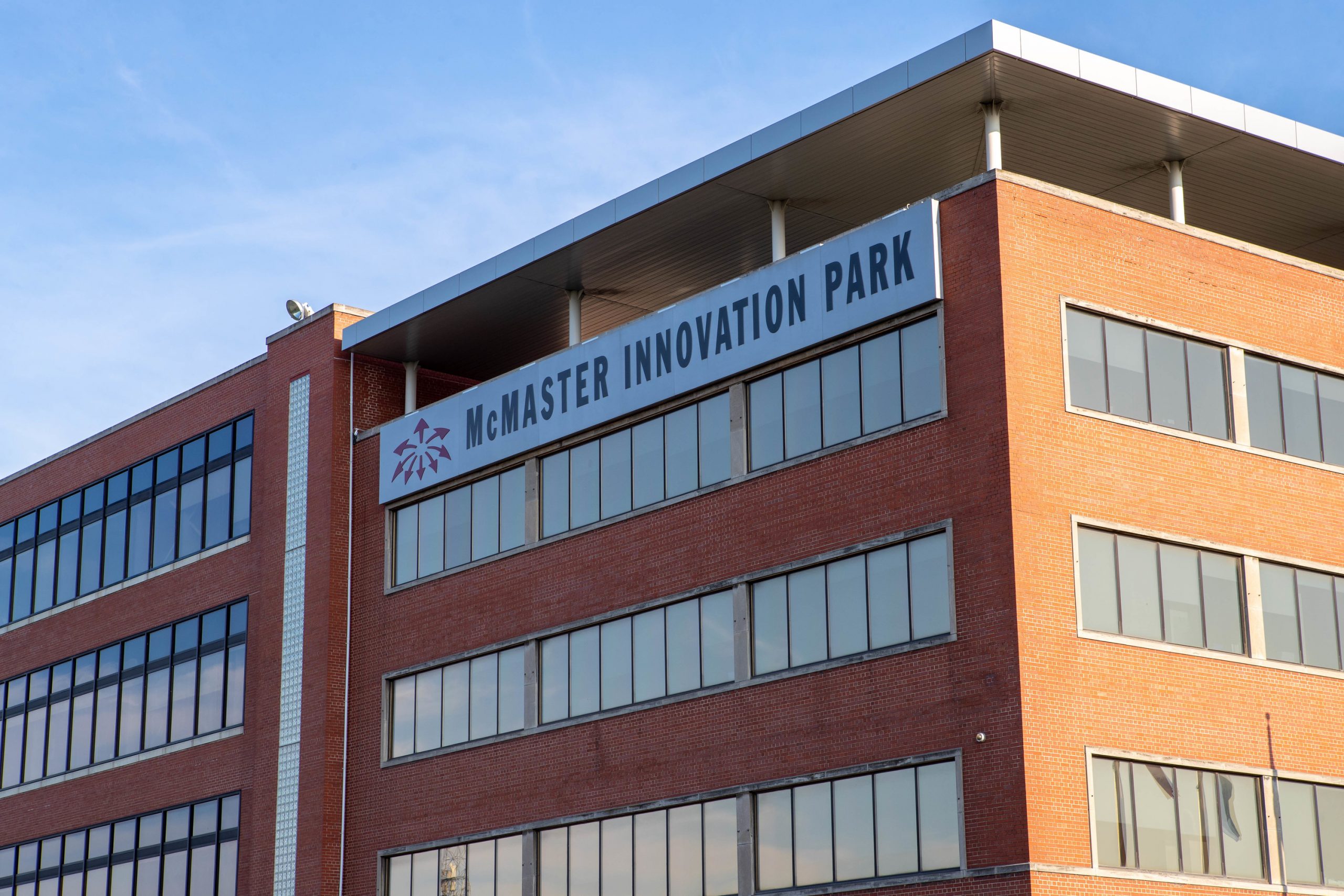
McMaster Innovation Park Visit Website
McMaster Innovation Park (MIP) is Canada’s premier research and innovation park supporting startups, business, research and collaboration. It bridges academia and industry and is part of Hamilton’s innovation ecosystem, connecting industry with the technical prowess of McMaster and other institutions. MIP includes the Atrium@MIP, home to 70 businesses with office space and labs, McMaster Automotive Resource Centre, the Biomedical Engineering and Advanced Manufacturing Centre and Canada’s largest research hub for metals and materials fabrication.
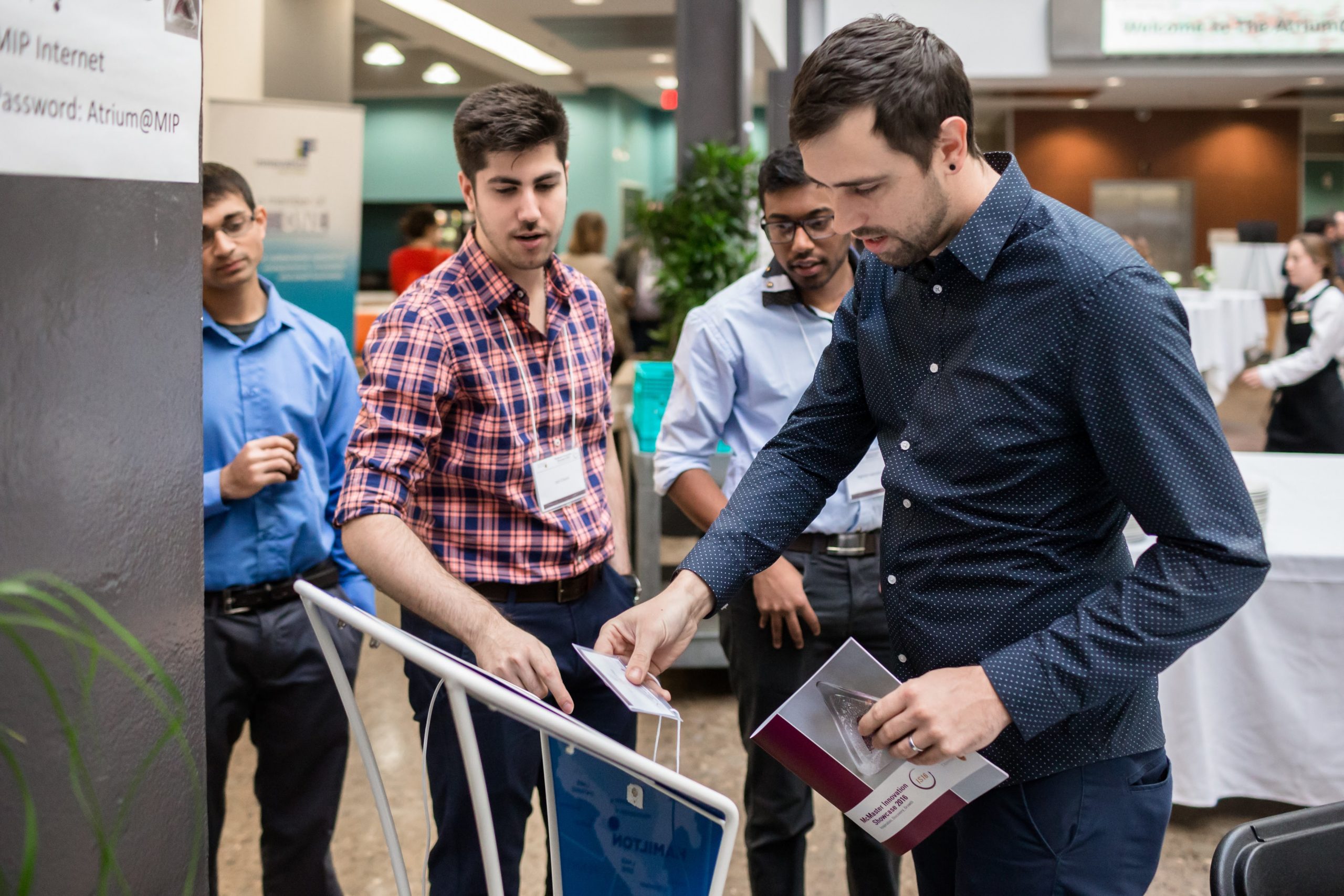
McMaster Industry Liaison Office Learn More
The McMaster Industry Liaison Office (MILO) supports the research endeavours of McMaster University by facilitating collaborative research with industry partners and disseminating research results through commercialization. MILO, a unit of the Office of the Vice-President of Research at McMaster, also supports creating spin-off company opportunities and intersects with other entrepreneurship initiatives such as the Forge.

The Forge Learn More
The Forge is a business incubator serving innovative start-ups in the Hamilton region and McMaster University. Launched in 2015, entrepreneurs work with mentors to develop their innovative business ideas, from ideation and validation to growth. The Forge also offers cohort-based programming to entrepreneurs pursuing scalable, tech-based companies. Clients can receive expert mentorship, seed funding, investor introductions, office space, workshops, access to a well-equipped makerspace and numerous services to ensure success.
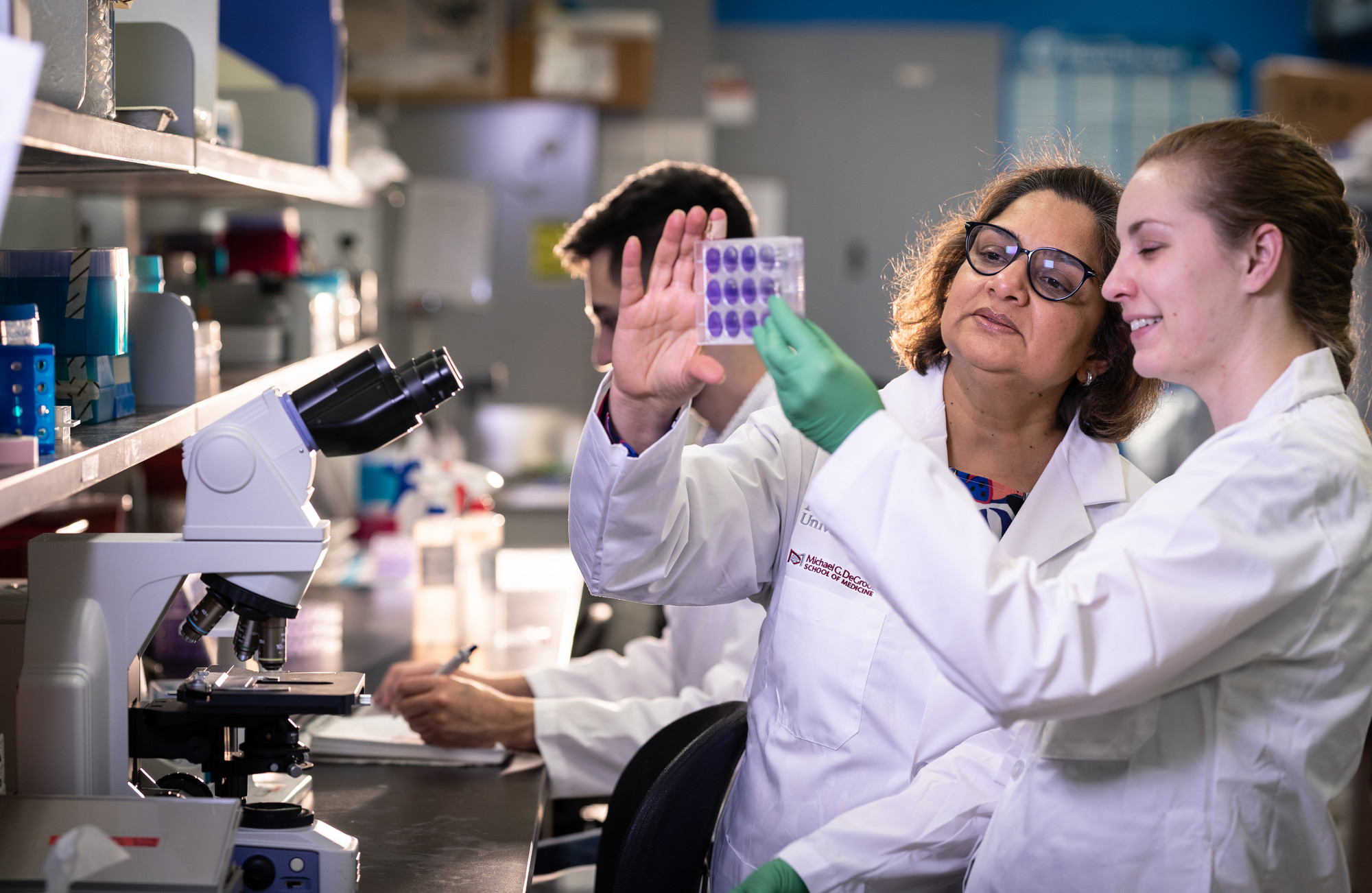
Canadian Institutes of Health Research Institute of Infection and Immunity Visit Website
The Institute of Infection and Immunity supports research and helps to build research capacity in infectious disease and the body’s immune system. Through the institute’s programs, led by Charu Kaushic, professor of pathology and molecular medicine at McMaster, researchers address a wide range of health concerns related to infection and immunity, including disease mechanisms, disease prevention and treatment, and health promotion through public policy.
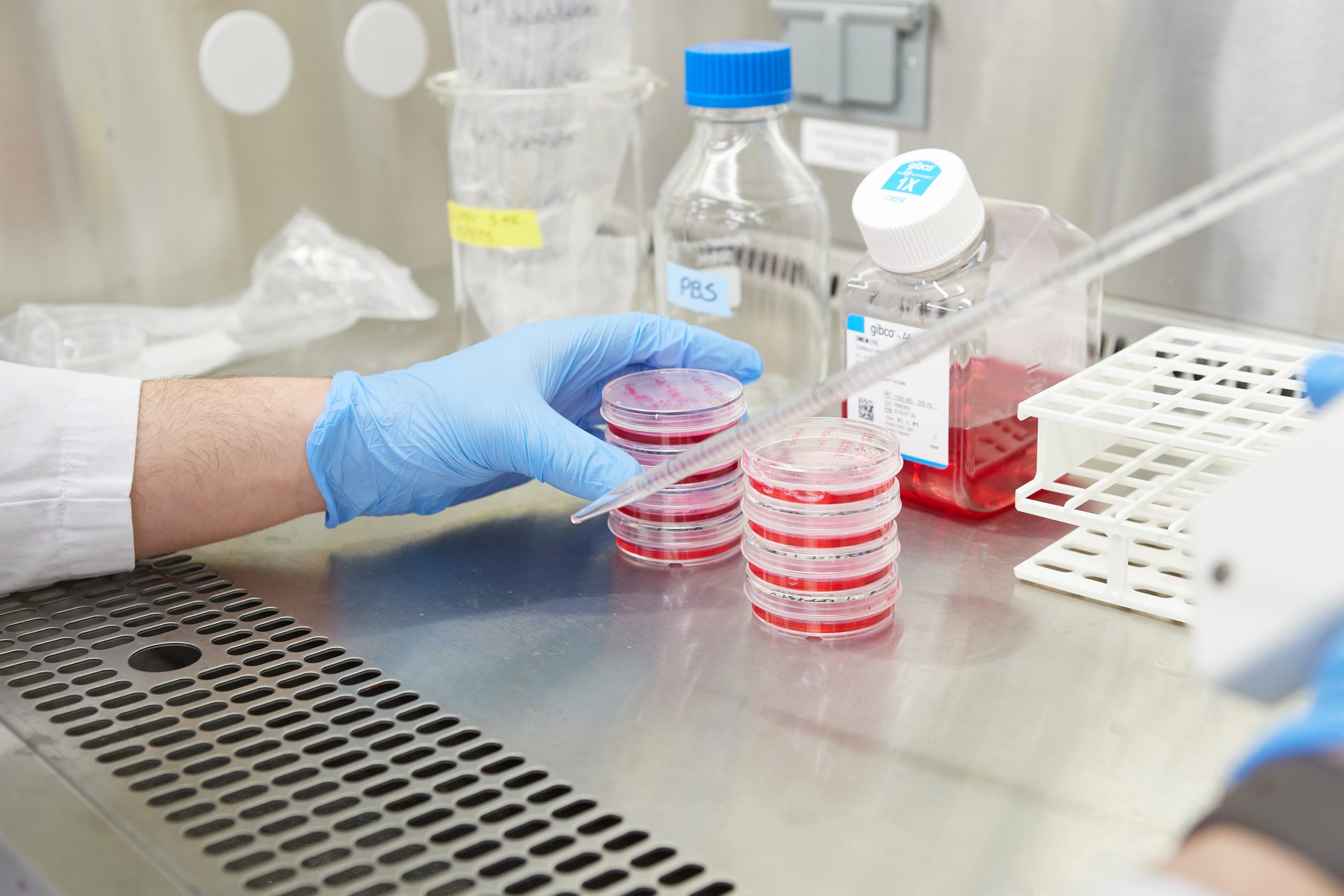
Canadian Anti-infective Innovation Network Visit Website
The Canadian Anti-infective Innovation Network (CAIN) leverages innovative approaches and expertise to solve the expanding health crisis caused by antimicrobial resistance (AMR) infections. A coalition of Canadian university and hospital researchers, co-founded by McMaster’s Gerry Wright, the network aims to coordinate Canada’s AMR efforts, encourage cross-disciplinary and cross-sector collaboration, promote the commercialization of original Canadian products, and educate the public, policymakers, and Canada’s next generation of researchers about AMR.
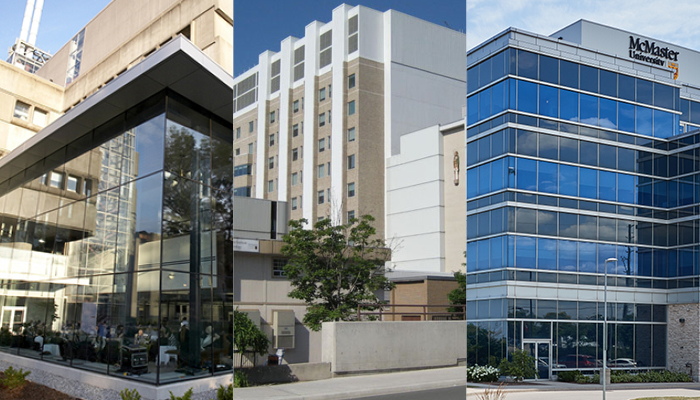
Michael G. DeGroote Health Innovation, Commercialization, Entrepreneurship Initiative Learn More
The goal is to build the next generation of health entrepreneurs and high-impact innovations, including the development of new medical technologies. Seamless interdisciplinary collaborations between clinicians, researchers, entrepreneurs, hospitals and industry partners will ensure the creation of new health system innovations, research tools, diagnostics, medical devices and therapeutics.

Centre for Health Economics and Policy Analysis Learn More
Founded in 1987, the Centre for Health Economics and Policy Analysis is a world-renowned interdisciplinary health research centre that is home to the largest concentration of health economists and health policy analysts in Canada. The centre’s 27 faculty work on policy-relevant research, education and service to inform fair and sustainable health and social systems. They are pioneers in knowledge transfer, economic evaluation, health technology assessment and public, patient and community engagement.
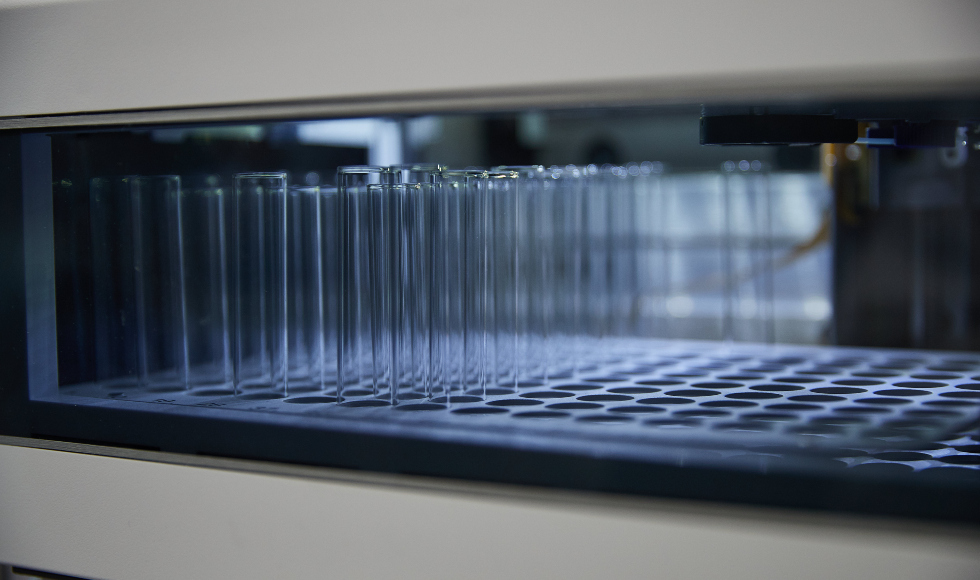
Centre for Microbial Chemical Biology Learn More
The centre is an open access facility associated with the Michael G. DeGroote Institute for Infectious Disease Research. It features six integrated labs, providing research support, hands-on training and services in chemistry and biology for academic and industry clients.
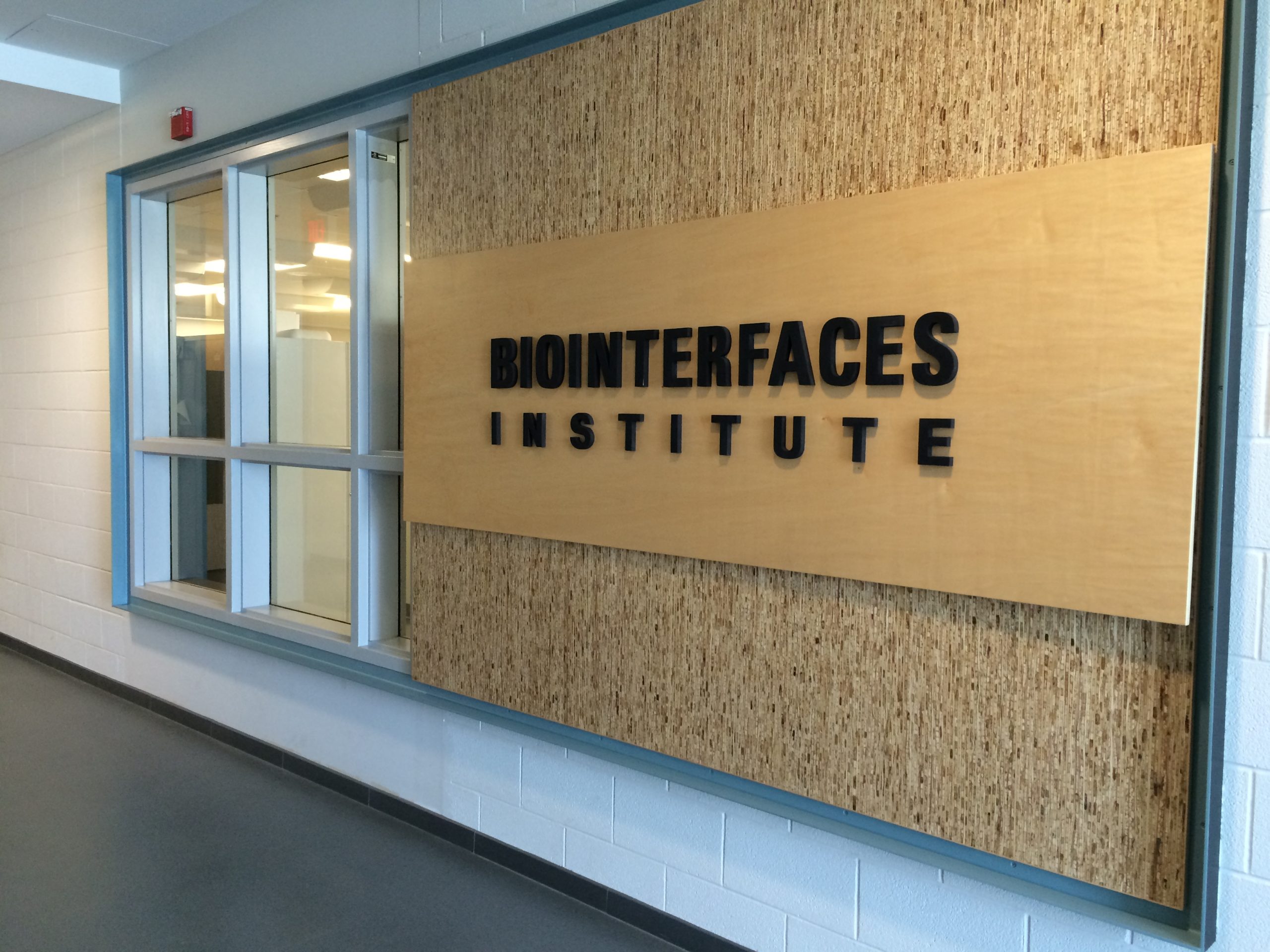
BioInterfaces Institute Visit Website
McMaster’s Biointerfaces Institute is a state-of-the-art facility implementing high-throughput research pipelines to investigate the nature of the biological/material interface, or biointerface. The institute’s goal, led by professor John Brennan, Canada Research Chair in Bioanalytical Chemistry and Biointerfaces, is to understand how biological systems respond to the introduction of synthetic materials, and, conversely how an engineered interface responds to or is compatible with a biological system.
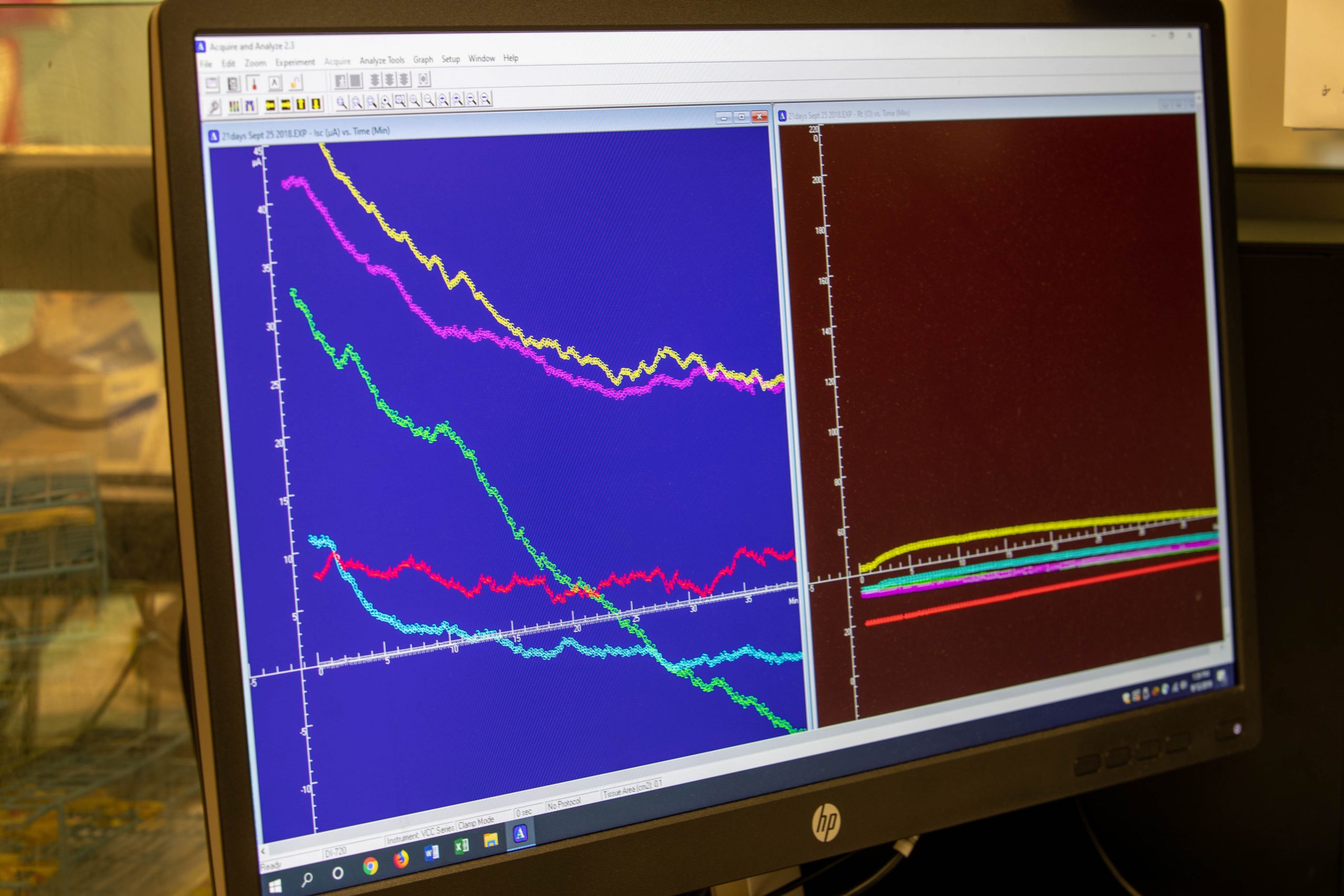
MacData Institute Visit Website
MacData was created in 2015 to foster collaboration among McMaster University’s many institutes, centres, and researchers whose work involves many facets of data. MacData, led by director Paul McNicholas, Canada Research Chair in Computational Statistics, promotes the engagement of researchers and students within McMaster as well as externally with industry, government, and community to strengthen the university’s position as an international leader on all matters related to data.

Institute on Ethics and Policy for Innovation Visit Website
The Institute on Ethics and Policy for Innovation (IEPI) offers multidisciplinary ethics consultations and research programs focused on identifying and addressing ethical challenges, ethics-related risk, and policy gaps with the potential to undermine the impact of life-saving technologies and interventions in global health and development. IEPI researchers bring more than a decade of experience working with funders, governments, industry, academia, and other stakeholders, in addressing complex moral problems in global health research.
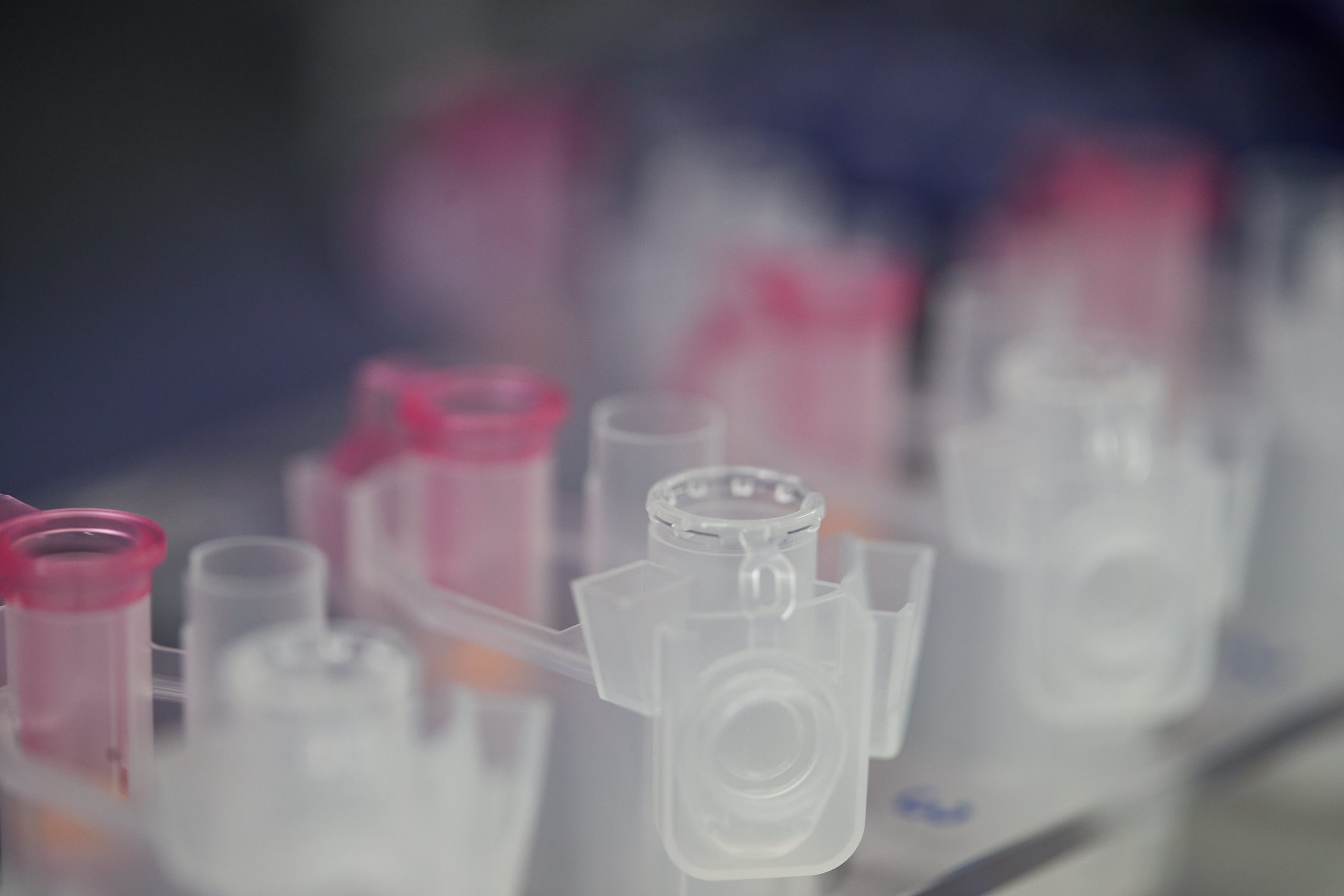
Department of Health Research Methods, Evidence and Impact Visit Website
The team of educators and experts in McMaster’s health research methods, evidence and impact (HEI) department is forging a new integrated approach to health research “from bench to bedside to policy.” HEI researchers produce, synthesize and support the best available evidence in health and health-related fields, and undertake initiatives to achieve impacts at all levels within and across health systems. Created in 1967 as the clinical epidemiology and biostatistics department, HEI is focused on mobilizing new and better health research methods.
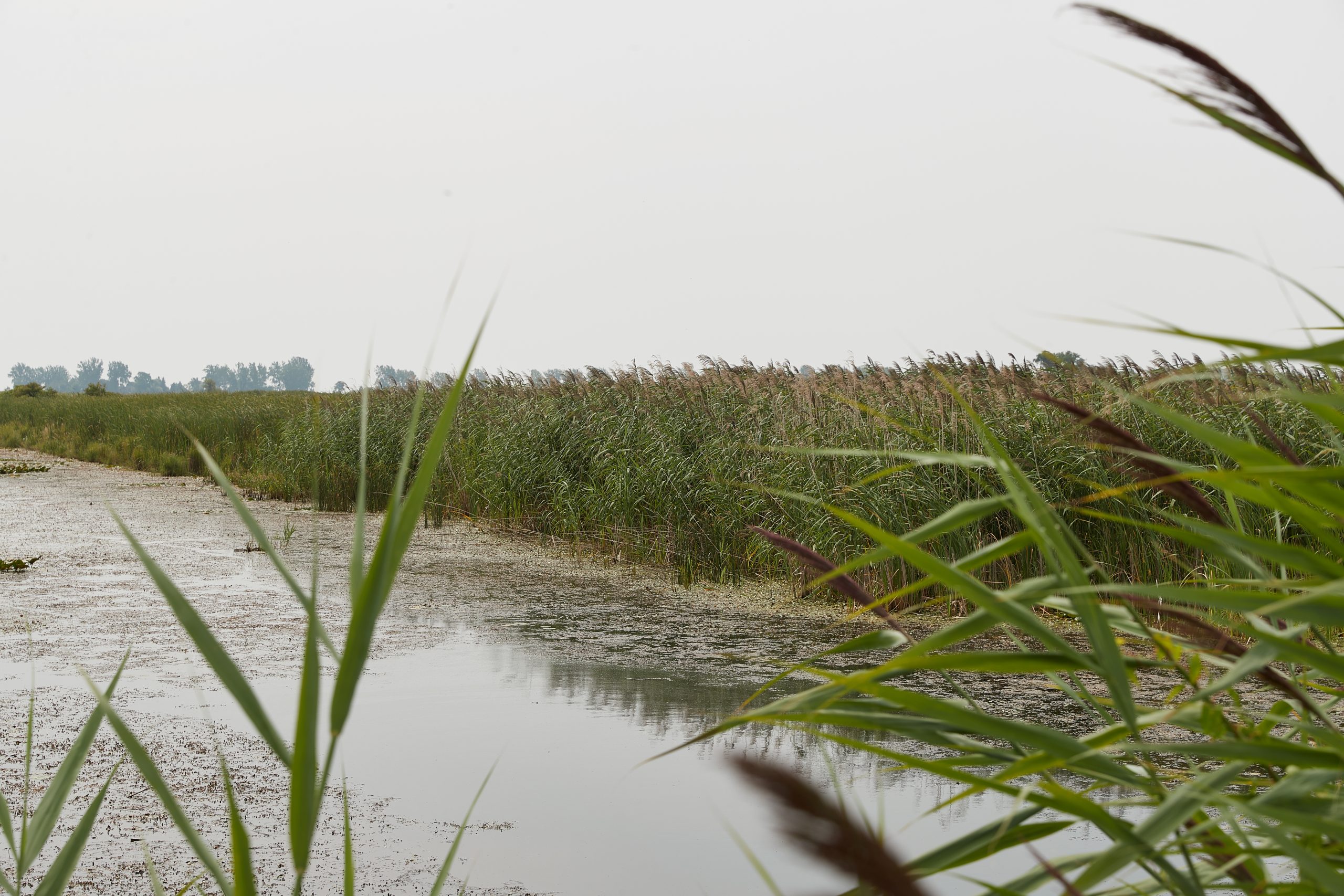
McMaster Centre for Climate Change Visit Website
The McMaster Centre for Climate Change promotes research, education and outreach activities on the impacts of climate change on the environment, ecosystems, water resources and human health. The centre, founded in 2009, focuses on all aspects of climate change — from climate processes to human perceptions and responses. The centre draws on the multidisciplinary expertise of researchers from Science, Engineering, Social Sciences and Health Sciences.

